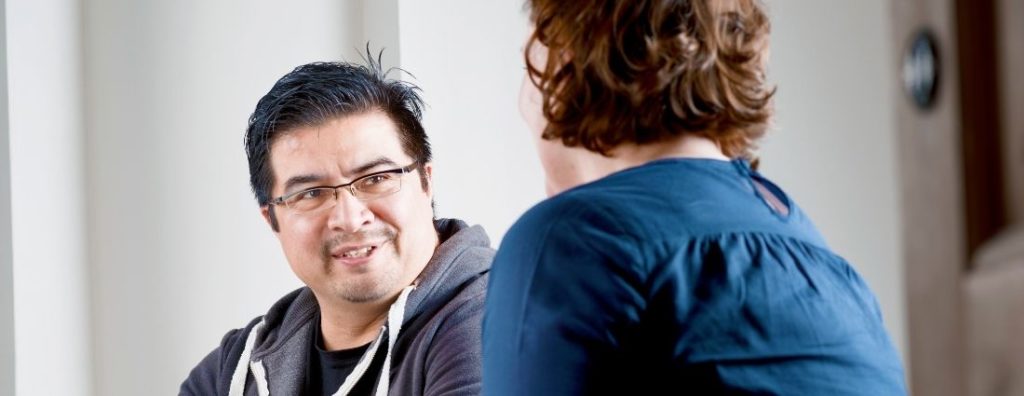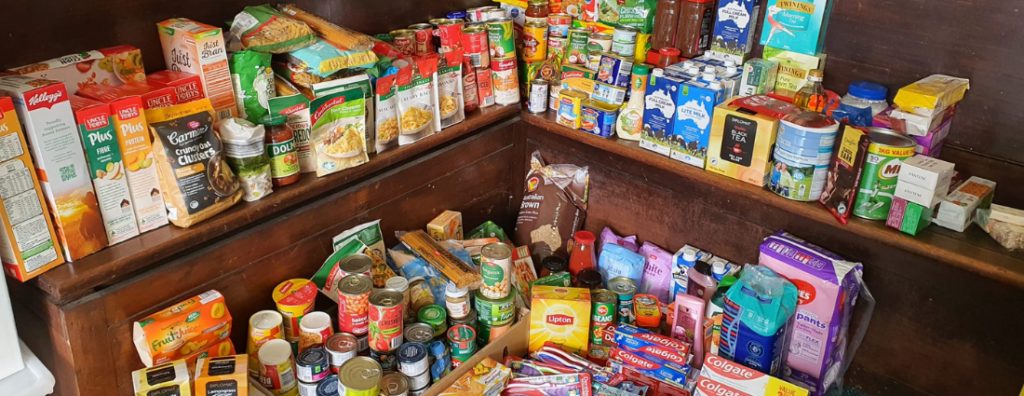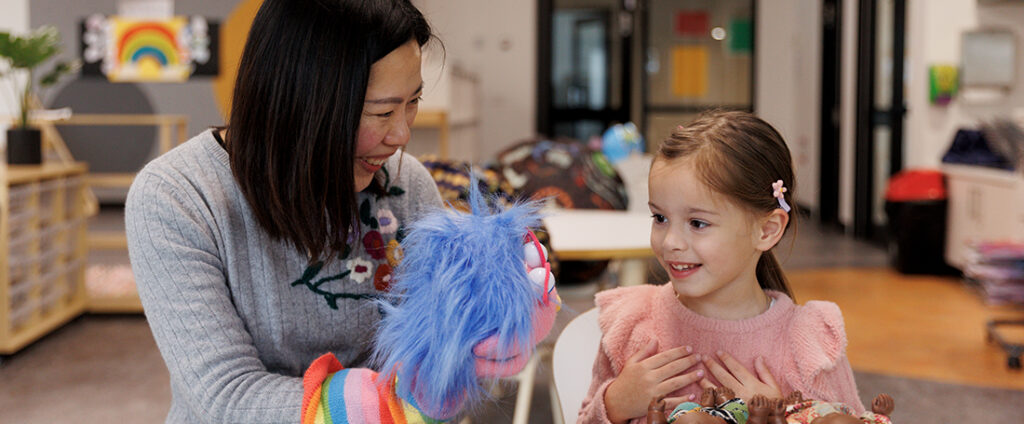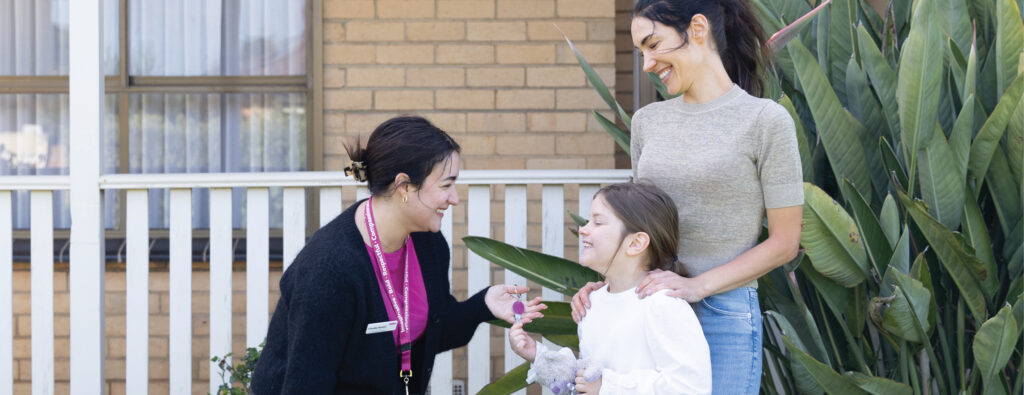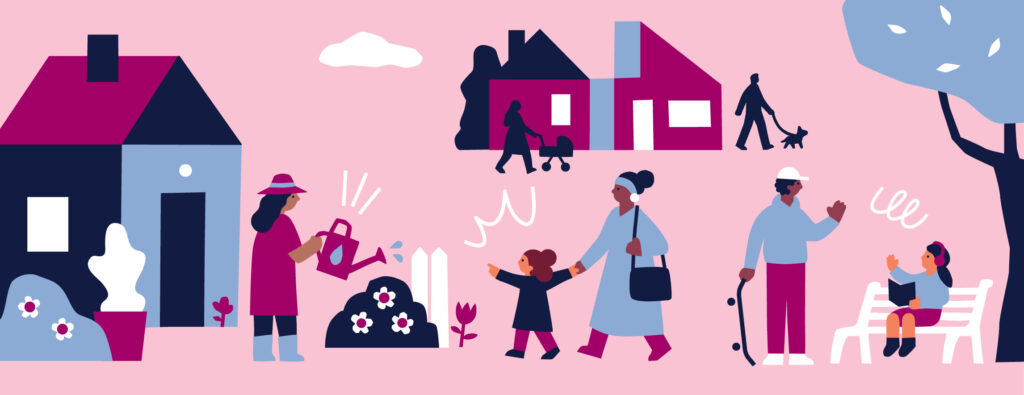As a retired teacher and social worker, Julia knows the importance of having someone to listen during a time of need.
Julia has been a Lifeline volunteer for over 25 years.
“Listening to people is an essential skill to have in this role,” says Julia.
“We’re not there to fix the problem.
“We listen, encourage and drop in the odd suggestion when possible.”
Julia first started volunteering with Lifeline in Melbourne in 1995.
When she moved to Ballarat 3 years later, she joined the local Lifeline team.
Uniting Vic.Tas operates both the Melbourne and Ballarat Lifeline centres.
Julia has also volunteered as a prison chaplain.
“A close family member had mental health challenges, so it’s something that is important to me,” says Julia.
Julia has answered thousands of crisis calls.
But she likes to think of crisis in a different way to many.
“People often view the word “crisis” as a negative,” she explains.
“But I see the word “crisis” as meaning “crossroads,” where you can choose your direction.
“I choose to see crisis as an opportunity to go in a better direction.”
When COVID-19 hit, the Julia was no longer able to attend the Lifeline office.
Instead, she now offers support to fellow volunteers when difficult calls come through.
“I am also available for volunteers to debrief at the end of the session if they need to talk to someone,” says Julia.
“As a Lifeline volunteer, it’s important to talk to others, to look after yourself.”
After all these years volunteering, Julia says she is grateful for the many life lessons she has learned along the way.
“I’m learning all the time from the callers and from fellow volunteers,” she says.
“I have always been the one who gained. I joined because I thought I’d like to help other people, but through the training and from my peers, I’ve learned a lot more about myself.”
